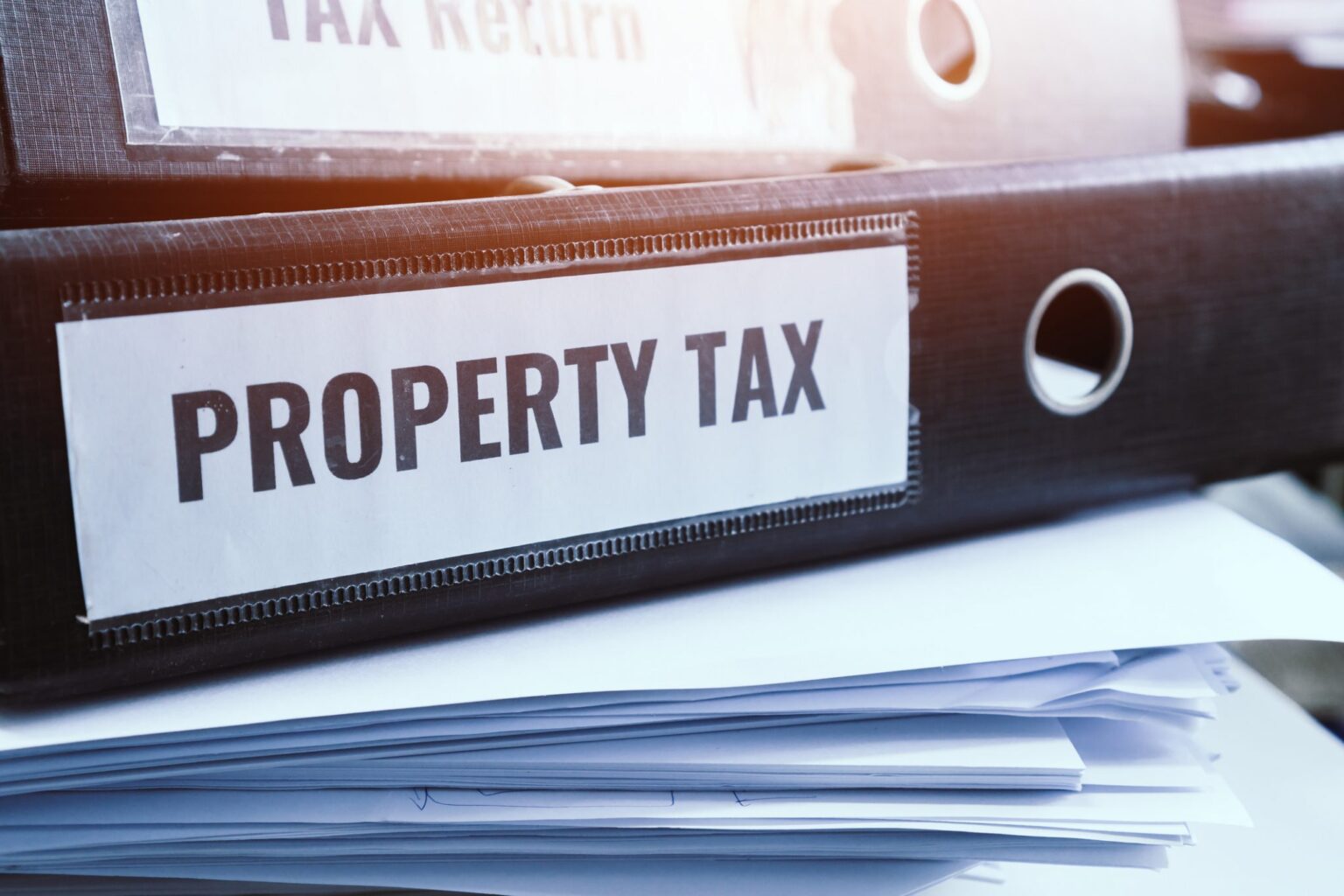Calls for a stamp duty overhaul appear to be getting louder, and there are rumours Jeremy Hunt could announce some changes later this year.
Stamp duty has always been a somewhat controversial property tax in the UK, with critics arguing that it deters some buyers, including downsizers, from moving house.
While the government has made numerous changes to the tax, including significantly raising the threshold for first-time buyers – essentially abolishing it for the majority – as well as altering the tax brackets so the first £250,000 of the value of a property is tax-free, there have still been ongoing calls for change.
This week, reports have emerged that Chancellor Jeremy Hunt is considering a further increase in the stamp duty threshold – the point at which the tax is due on a property purchase – from its current level of £250,000 to £300,000 in the Autumn statement later this year.
Likely to be seen as a “pre-election giveaway”, with the next general election widely expected to take place by the end of this year, it could mean that almost half of home buyers do not need to pay the tax at all, saving them as much as £2,500.
Calls to change stamp duty
Ahead of most recent Budgets, voices in the industry have called for a varying degree of change to this unpopular tax, from abolishing it completely to removing the 3% surcharge that currently applies to anyone buying a second home, whether for personal use or as an investment property.
During the initial months of the Covid-19 pandemic, in July 2020, the government brought in a stamp duty “holiday” to incentivise buyers and keep the housing market moving. This involved raising the threshold to £500,000 on all transactions that completed on 30 June 2021. After this, the thresholds were lowered once more to current levels.
Relief has also been offered to first-time buyers since 2017, with those purchasing their first home currently only having to pay stamp duty of 5% on homes priced between £300,000-£500,000, and 0% below that.
One of the arguments for the government to make further changes to stamp duty is that it can lead to underoccupied homes, as older people living in family homes are disincentivised to move to smaller properties. Particularly in the current shortage of supply in many parts of the country, this could be a welcome change.
Paul Johnson, director of the Institute for Fiscal Studies, has said that stamp duty “gums up the housing market”. Meanwhile, the Centre For Policy Studies has argued that a cut in stamp duty costs “would help stimulate housing transactions by around 20 per cent for every 1 per cent cut in stamp duty”.
Potential post-general election changes
As the general election looms closer, it is likely that all political parties will begin to release more information about their proposals if they take power. The housing market is likely to be a hot topic for all concerned, with a varying range of plans looking at what may change in the sector,
Both the Conservatives and Labour have made it clear for a number of years that they want to increase housing development, although they are likely to go about achieving this in somewhat different ways. Both have set housebuilding targets to strive towards, with various measures set out to create more homes.
They have also suggested measures to increase land supply, unlocking various sites to alleviate the shortage of housing stock and adjusting planning rules to accommodate for this.
In the rental market, both parties have proposed a similar set of changes to improve things for both landlords and tenants, while both seem to want to tighten the rules around holiday homes and short-term lets. Similarly, both would potentially overhaul or abolish the leasehold system if they won the general election.
However, the parties tend to differ on things like where and how new development should take place, the level of affordable homes to be built, and alterations within the private rented sector that could affect tenants and landlords. You can read more about this here.










